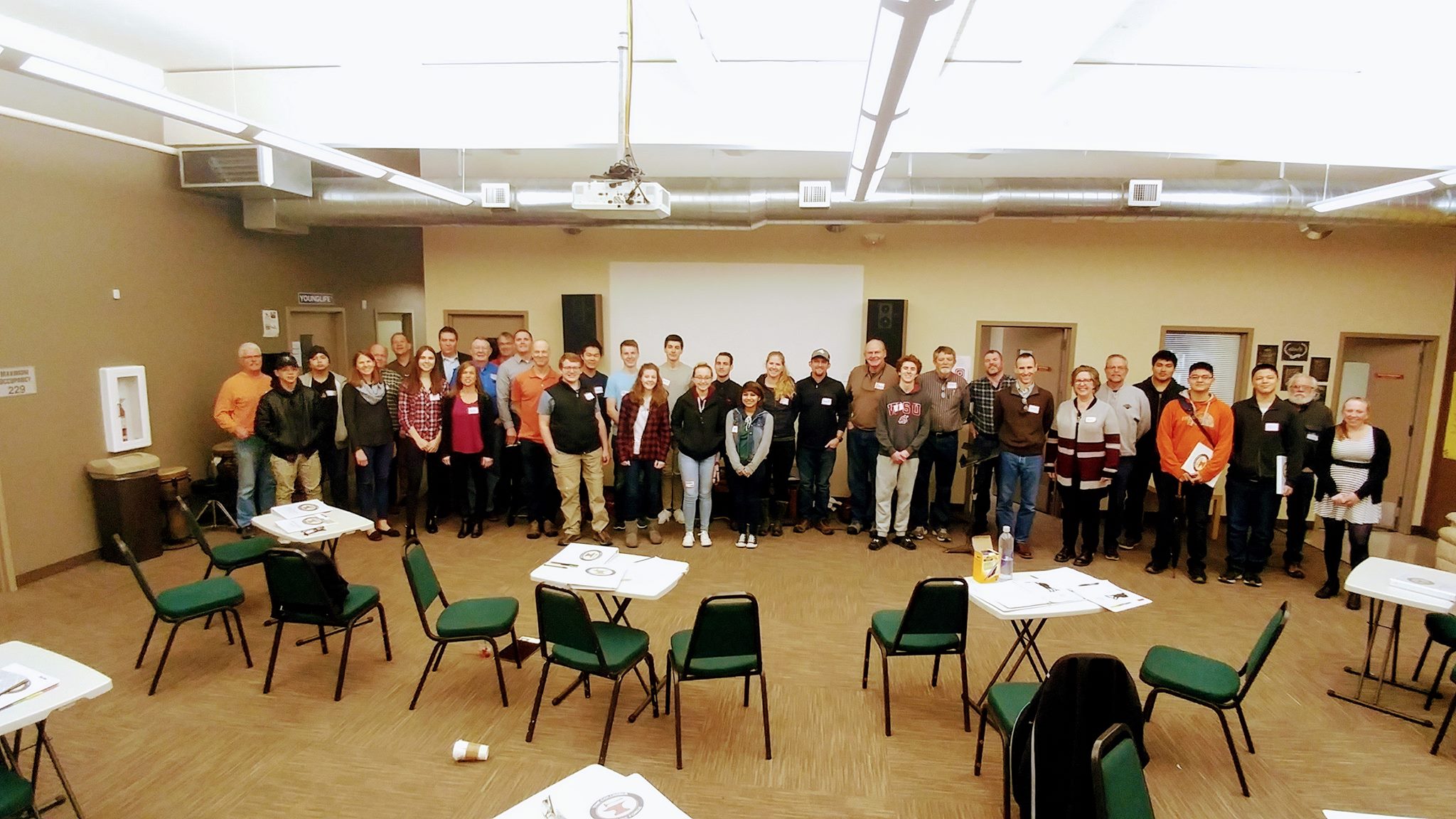Gen Z and Barna: Our Game is on Point!
Matthew Overton
Last week someone in my feed had posted some released results about Barna's research on Gen Z, the next generation after the much fretted over (an maligned) millennials. I also found a nice article here. I don't put a ton of stock in Barna's research. It's not that I think it's bad, its mostly that I think people often don't know how to properly evaluate what it is saying and not saying. So, we tend to apply it in improper ways. Whenever I read something in my feed about teen trends I always take it with what I call a "New York Grain of Salt." By that I mean, I go ahead and assume that whatever horrible teen trend I am supposed to be scared about is probably happening at a couple of New York private schools and Laguna Beach and therefore the Altlantic or the New York Times has chosen to freak out over it. Stay calm, people!
But, what was encouraging to read in the Barna research (and there wasn't a ton that was encouraging) was particularly the 5th item in their list. About how to disciple this generation it says:
"As we saw above, Gen Z are incredibly career-driven and success-oriented. Achievement is big for Gen Z, both to their sense of self and for their ultimate goals, particularly their education, career and achieving financial independence. Barna believes this emphasis on career presents an opportunity for the church to engage in what could be called “vocational discipleship.” This means teaching young people about the integration of faith and occupation, helping them to better understand the concept of calling and emphasizing the meaning and theological significance of work (not just their potential for professional or financial success). Not every church member has children, but almost every church has a children’s ministry. Almost every church member has a job, but very few churches have a faith and work ministry. The church has an opportunity to reach this next generation of teenagers through integrating career, work and calling into their discipleship efforts."
I have been arguing for some time that if we want to engage students or adults in meaningful ways, we will need to engage their real day to day life and specifically their economic picture. The gospel of Jesus Christ makes the most sound when it is lived on the ground and when it engages with the day to day. We live in one of the most humanistic generations ever and we need to understand that people are fascinated with their own humanity. They are interested heavily in the human side of Christ as well. There are loads of problems with this practically and theologically, but it is what is happening and we can't change that.
If we understand two things about Gen Z and our youth ministries it needs to be these:
1. They are pragmatic. Therefore our ministries need to be practical.
2. They are hands on. If they can't shape what you are doing as a ministry it will be a barrier.
3. They are career driven. You better speak to their economic future because they have inherited the fear of their parents.
If we are going to effectively engage this generation of teenagers, then we are going to need to build experiments in ministry that seek to combine real life/career impact with gospel teaching. The beauty of the gospel is that it challenges huge aspects of how they pursue their careers and callings. It invites people to ask "why" they value what they value. It asks them what impact their careers will make on others. Will making a living actually help others enjoy living?
What we are finding in the experiments that we had done in ministry is that when we engage their career side and life side, we find that they are interested in the questions of meaning too. We find that they are longing for learning about life in ways that their schools cannot engage the way that our ministry can. These students are in the wake of a massive economic downturn and are floating in an age of multiple uncertainties. It should not be shocking to us that they are concerned with the immediate things in front of them rather than the more transcendent aspects of the gospel. We need to meet them there.
So, for once I agree with Barna's take on their data! And it was great to know that we were 4 years ahead of the trend!








